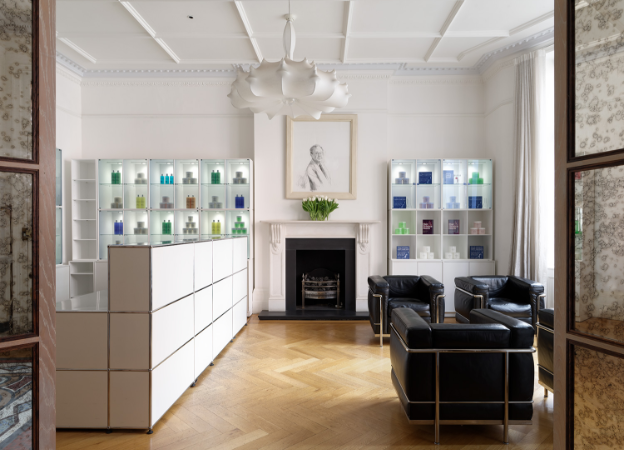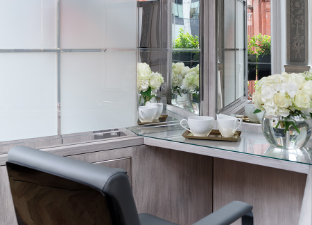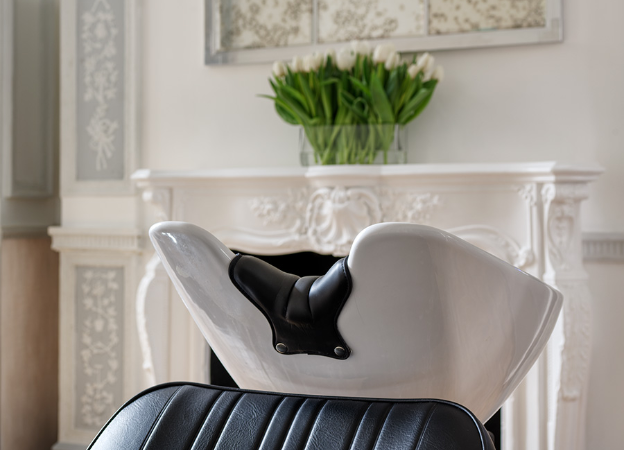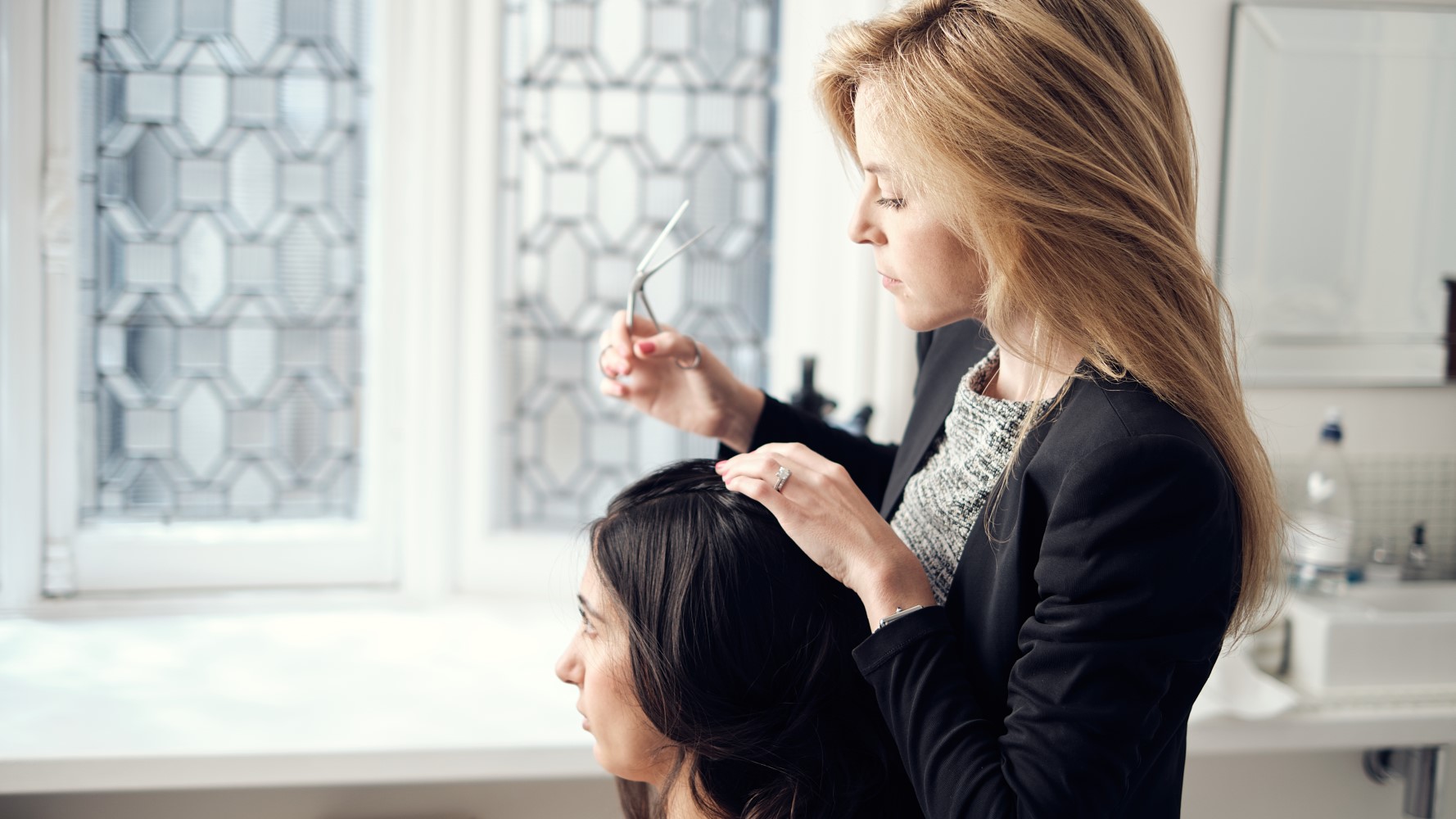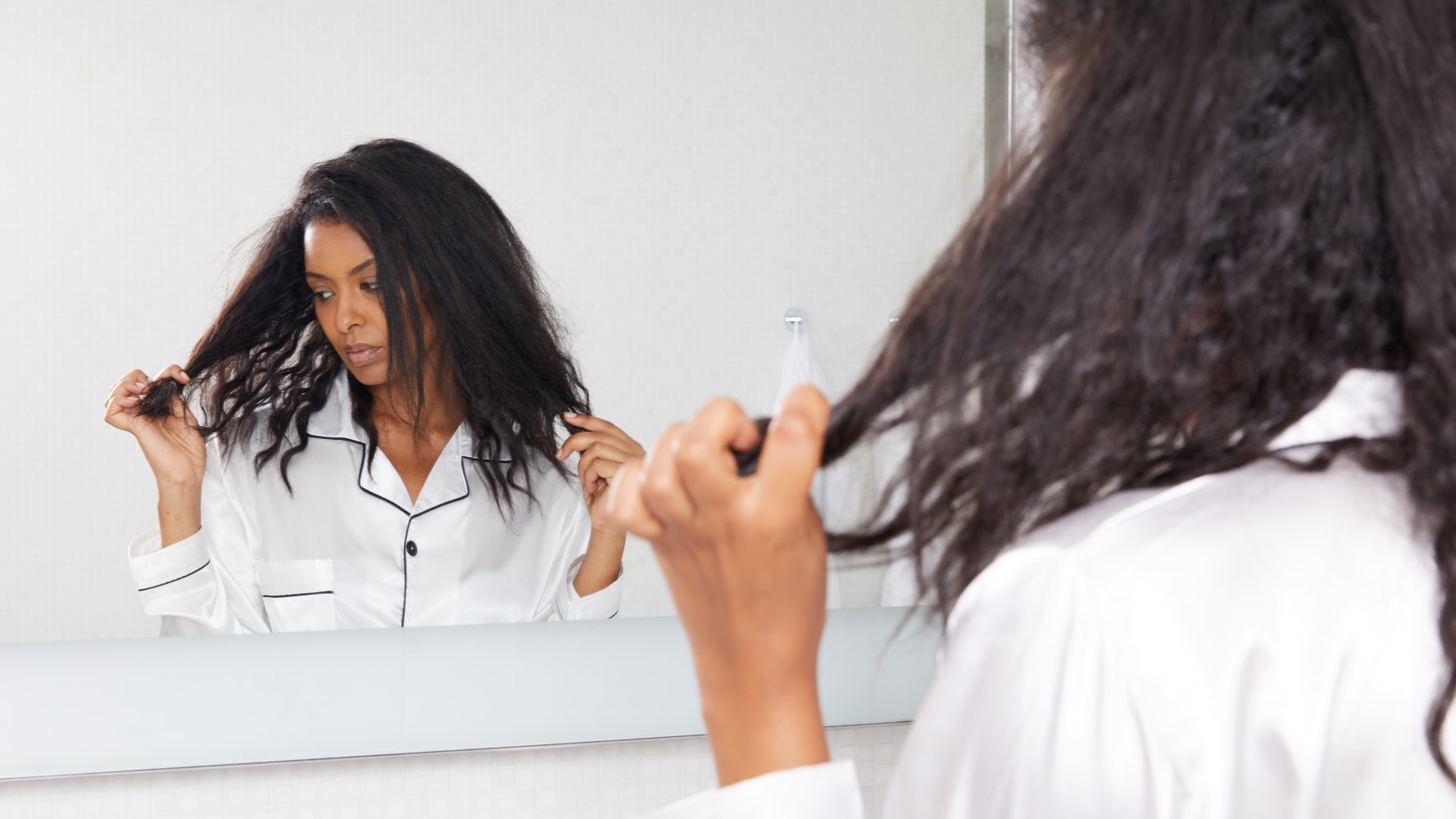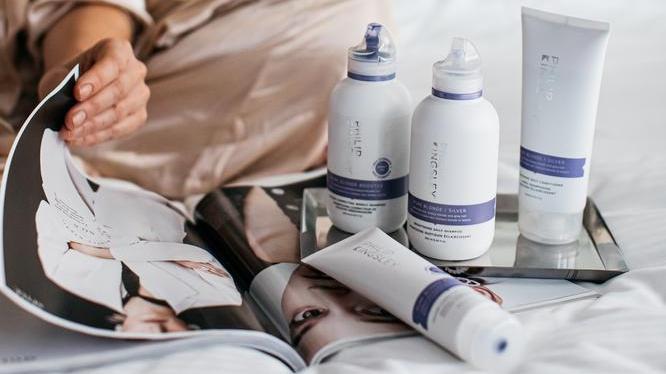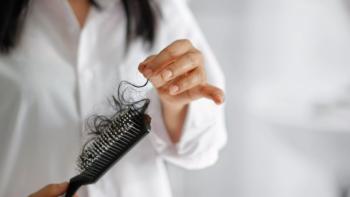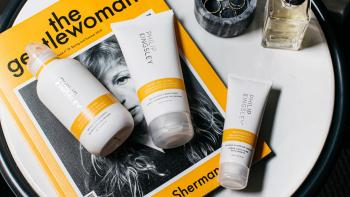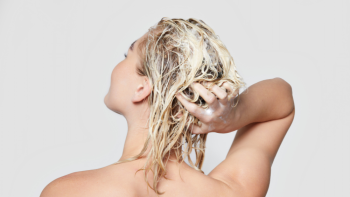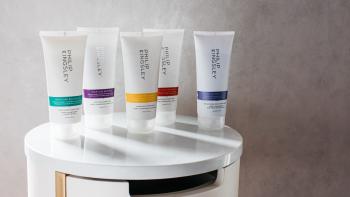CLINIC CONSULTATIONS
If you are worried about any form of hair or scalp condition, our Clinics in London and New York specialise in all aspects of hair and scalp health, and will be pleased to welcome you.
The Hair Bulb
Each of your hairs grows from its own individual hair follicle. The hair bulb is situated at the base of each hair follicle, and contains your growing hair cells. These continually divide and push upwards, gradually hardening. When they reach the upper part of the bulb, they arrange themselves into six concentric layers. The three inner layers become the hair, made up of the cuticle, the cortex and the medulla (although the medulla isn’t always present, especially in hairs with a thinner diameter). The outer three layers become the lining of the follicle.
Specific cells in the hair bulb, called melanocytes, make the pigment called melanin that gives your hair its colour.
The shape of your hair follicle determines the shape of your hair (i.e. whether it is straight, wavy or curly).
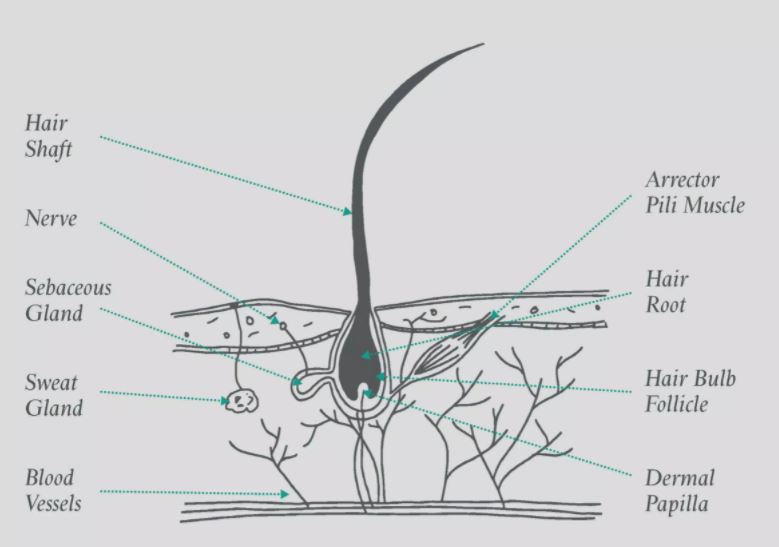
The Hair Shaft
Your hair shaft is the part of your hair that can be seen above your scalp. It is made of a protein called keratin, compacted and fused together.
Keratin is the same material that nails, hoofs, feathers and claws are composed of.
Keratin is a remarkably strong protein, very resistant to wear and tear. It is held together by two kinds of bonds: disulphide bonds and hydrogen bonds.
Disulphide bonds are extremely durable. In fact, they are one of the strongest naturally occurring bonds in the world. When you perm it or relax your hair, these disulphide bonds are broken, and reset into a different configuration. This is what allows you to permanently change the shape of your hair.
Hydrogen bonds are weaker and more numerous than disulphide bonds. They help give your hair its flexibility. When you wet your hair, they are easily broken and can be temporarily reset with heat until they become wet again (either from water or humidity). This is what allows you to style your hair with hair dryers and tongs after washing.
Your hair shaft consists of three layers
The Cuticle
The cuticle is your hair’s protective layer, composed of overlapping cells — like fish scales or roof tiles, but facing downwards. A healthy cuticle is smooth and flat. This gives your hair shine and protects the inner layers from damage. It also minimises the movement of moisture in and out of the underlying cortex, thus maintaining your hair’s hydration balance and flexibility. However, chemical processes and weathering can lift the cuticle and disrupt this balance, causing your hair to become dry and brittle.
The Cortex
The cortex forms the main bulk and pigment (colour) of your hair. It consists of long keratin filaments, which are held together by disulphide and hydrogen bonds. The health of your cortex depends largely on the integrity of the cuticle protecting it.
The Medulla
The medulla, only present in thicker hair types, is the innermost layer of your hair. It consists of a soft, thin core of transparent cells and air spaces.
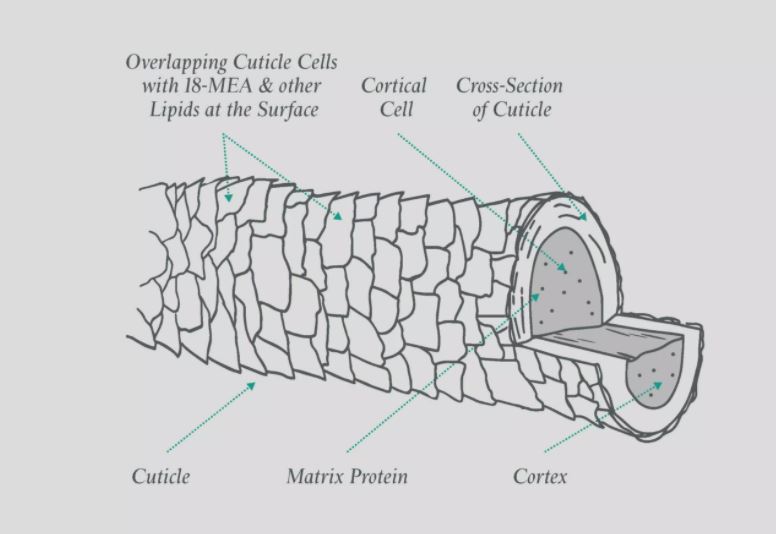
You may also be interested in:

